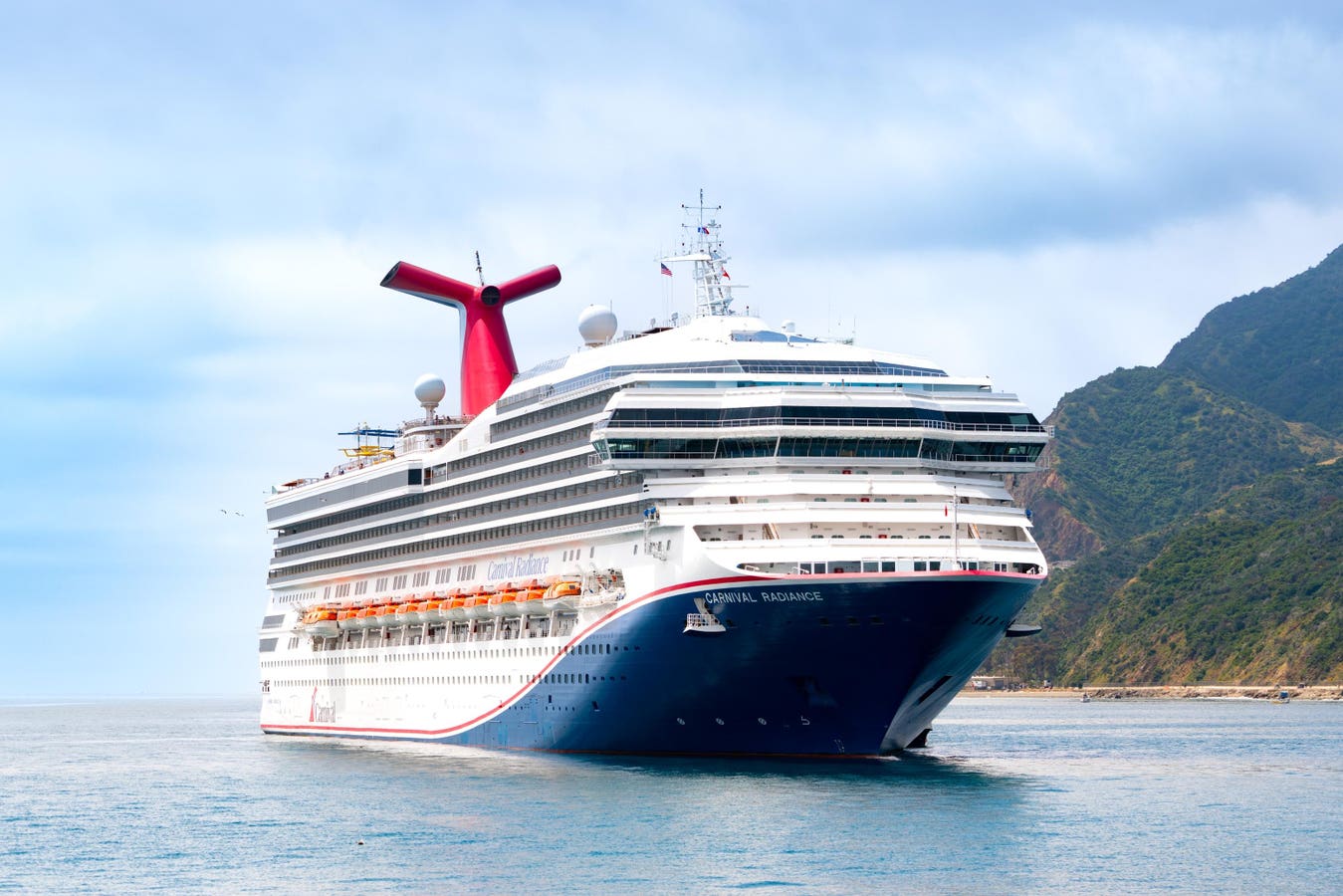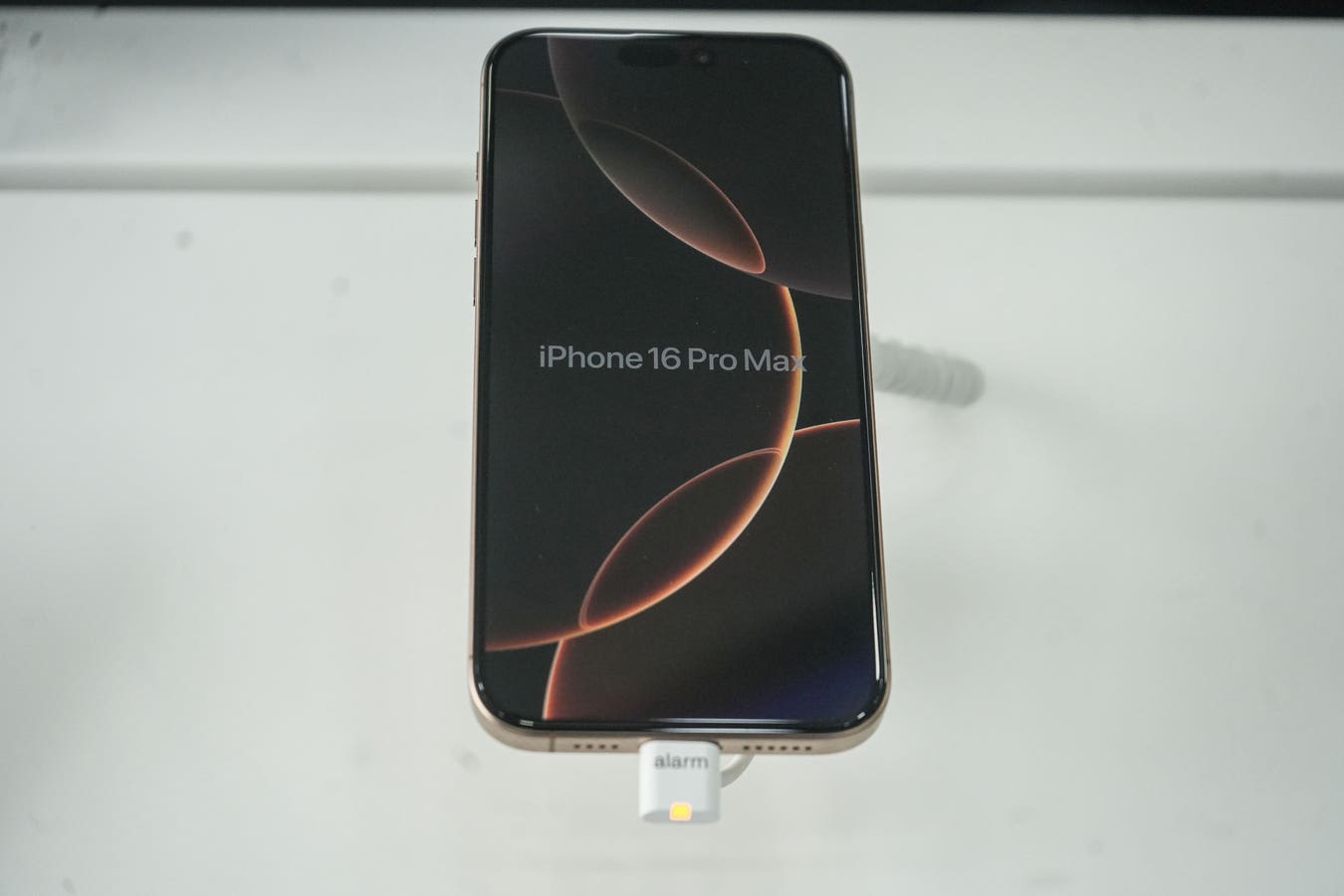AVALON, CA – MAY 19: General views of the Carnival Radiance cruise ship at Avalon harbor on May 19, … More
When Carnival Cruise Line embarked on modernizing the technology foundation behind its global fleet and operations, the company did what many others are increasingly doing: it partnered with a global systems integrator with deep expertise in complex IT environments.
The company entered a multi-year “strategic relationship” with DXC Technology, a Fortune 500 GSI, to fully manage and modernize its core IT infrastructure. The deal, however, goes beyond the boundaries of a traditional outsourcing arrangement.
In partnering with a GSI, Carnival sets an example for how large enterprises can accelerate modernization, improve customer experience, and streamline operations through strategic, outcome-driven partnerships.
Carnival’s approach is also a compelling example of how GSIs have become central to the digital strategies of experience-driven industries.
Technical Modernization: Building a Resilient Digital Core
The partnership between DXC and Carnival Cruise Line addresses three interconnected challenges: operational complexity, technology fragmentation, and workforce enablement.
With 29 ships operating globally, plus port facilities, regional offices, and a distributed workforce exceeding 50,000, Carnival requires IT systems that maintain global coordination while remaining locally responsive.
DXC will manage Carnival’s core IT infrastructure across shipboard, shoreside, and port operations through several key services:
- Workplace and workforce support
- IT service management
- Infrastructure operations
- Cybersecurity and risk management
From Outsourcing to Co-Innovation
Traditional outsourcing agreements are transactional. Companies often transfer commoditized IT functions to external vendors, typically as part of a cost-saving initiative. The challenge, however, is that these arrangements often bind both parties to inflexible service-level agreements with limited potential for innovation.
Carnival is taking a more modern approach with its partnership with DXC. The alliance is characterized by shared accountability for outcomes, co-investment in modernization roadmaps, and end-to-end integration where partners manage everything from infrastructure to employee experience.
Sean Kenny, SVP and CIO at Carnival Cruise Line, when asked why his team chose DXC, said, “They answered all the hard questions.” And, in a shipboard environment, the questions are rarely easy.
There’s no room for failure at sea, a fact that forced Carnival’s IT teams to adopt a maritime mentality. Mr. Kenny shared, for example, that, much like every other critical system on a ship, each of Carnival’s 29 ships maintains two identical fault-tolerant data centers – each data center comprised of 30 racks of IT equipment.
Enterprise sectors facing legacy infrastructure burdens and regulatory complexity can learn from this approach. Strategic partnerships enable organizations to accelerate transformation while maintaining operational control and mitigating risk.
DXC’s Competitive Fit
The IT services market is highly competitive, with large players including Accenture, NTT DATA, Infosys, Capgemini, and IBM competing for large-scale transformation engagements.
While GSIs like Accenture and Infosys excel in digital consulting and application modernization, DXC has established expertise in managing mission-critical infrastructure at scale.
DXC’s focus on operational resilience and sector-specific delivery provides competitive advantages in high-complexity environments such as travel, logistics, and regulated industries.
Chris Drumgoole, President of DXC Global Infrastructure Solutions, told me that DXC has an affinity for mission-critical environments. He said that DXC “runs the boring stuff, the systems you don’t think about but that can’t fail.”
The Future of Enterprise IT Partnerships
The Carnival-DXC partnership provides other organizations with a roadmap for modern IT transformation. In an environment where digital performance underpins brand experience, customer trust, and business resilience, companies across industries must fundamentally rethink their approach to technology partnerships.
The lesson for enterprise leaders is clear: major digital transformations can no longer succeed through piecemeal outsourcing or isolated projects. Success depends on identifying partners who deeply understand business requirements, manage complexity at scale, and deliver outcomes aligned with long-term strategic goals.
Carnival’s strategic alignment with DXC demonstrates what modern IT partnerships deliver in practice: deep integration, shared objectives, and commitment to operational excellence. It demonstrates the value of partnering with a global system integrator that understands your industry.
For sectors facing similar pressures, Carnival offers a practical model for leveraging IT modernization to gain a competitive advantage, while also showing how GSI partnerships drive growth.
Disclosure: Steve McDowell is an industry analyst, and NAND Research is an industry analyst firm, that engages in, or has engaged in, research, analysis and advisory services with many technology companies, but has no business relationship or financial interest with any company mentioned in this article. No company mentioned was involved in the writing of this article.









